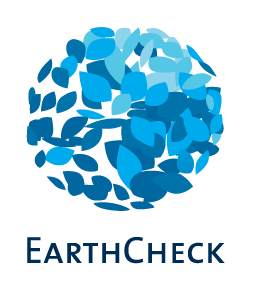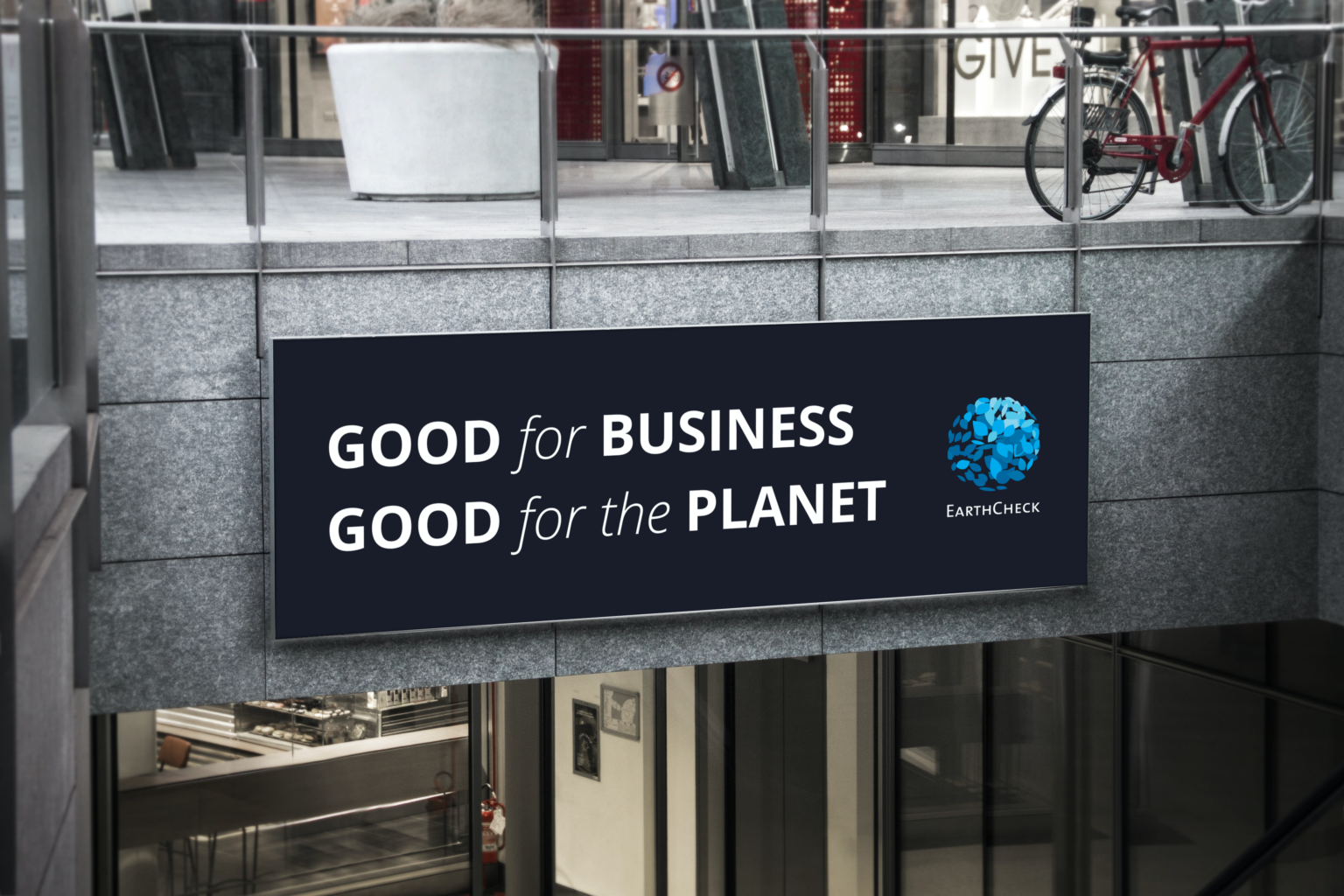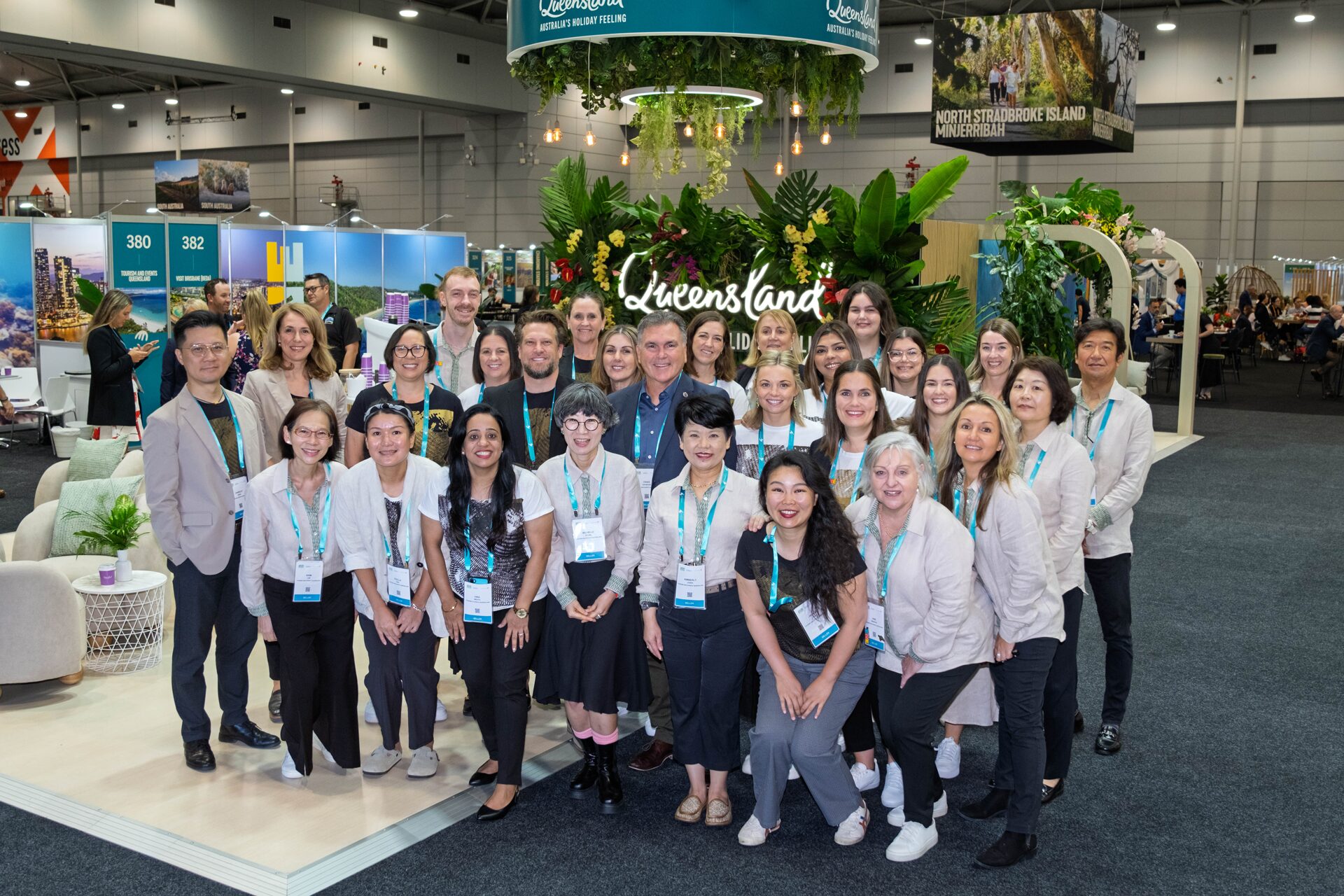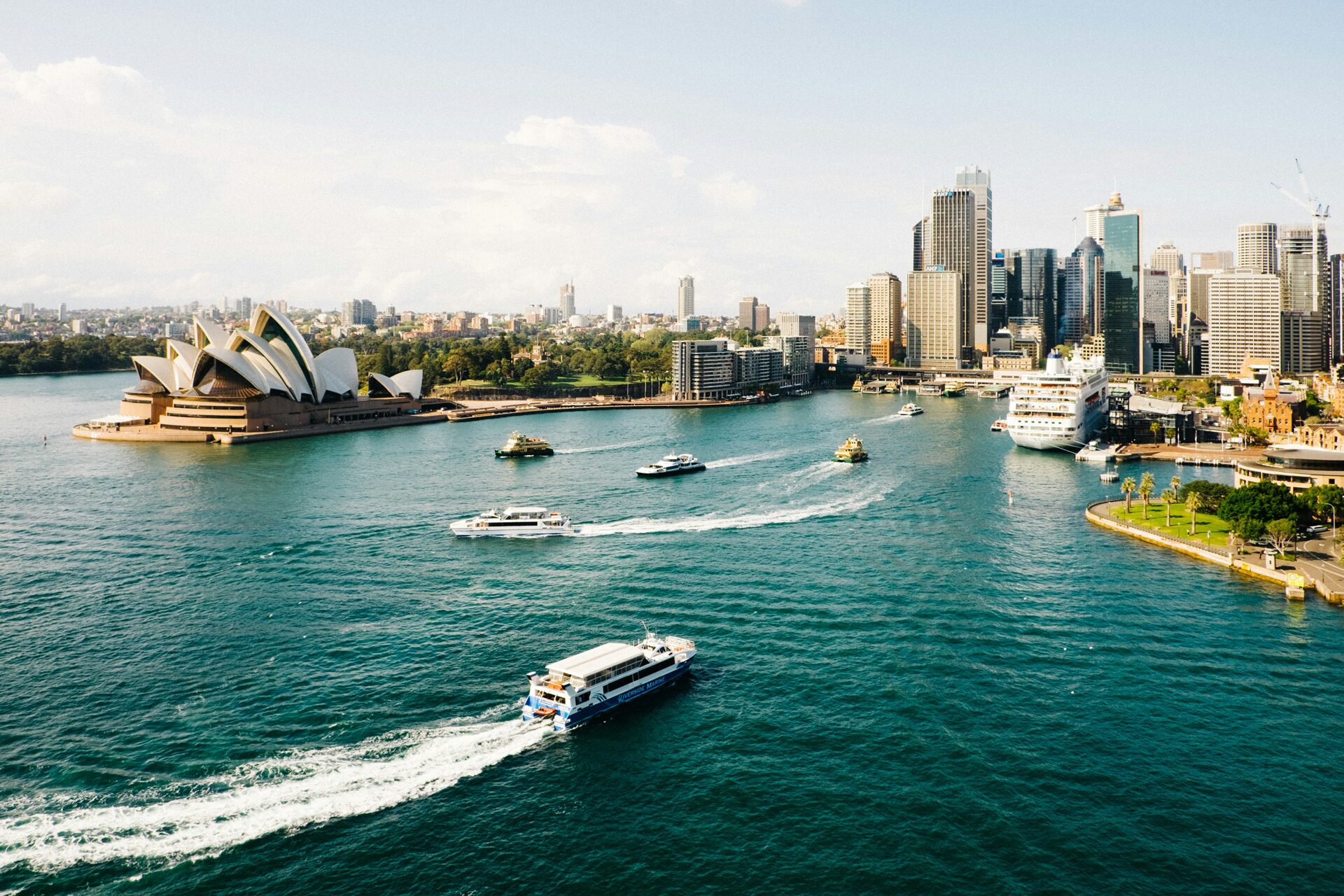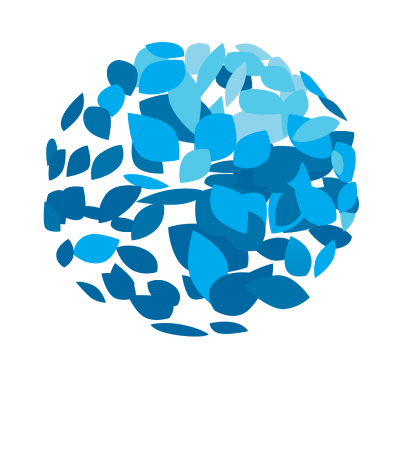Flip the narrative. Going experience-first shows confidence in your product offering
By Jonathan Yaffe & Daniel Yaffe (Source: ADWEEK)
Though I don’t own a Porsche, I recently attended one of their driving experiences, felt the g-force accelerating around the track and finally understood why so many Porsche drivers become brand loyalists. That experience could easily make anyone fall in love with the brand, even if they don’t go out and buy one the next day.
Porsche knows the power of experiences and understands the emotional strength of getting behind the wheel and its potential impact on me buying one in the future. Experiences like these are marketing investments in their future growth.
As the world shifts from a “things” economy to an experience economy, branded experiences offer an investment in long-term loyalty. Brands that want to weather economic storms and maximize earnings over the next ten years should be actively investing in building authentic relationships with consumers, studded with memories, emotions and personal connections.
Where Google and Instagram allow for brands to target consumers and see immediate conversion and sales (indeed, this was a big part of their allure), experiences can be the gold standard for brand marketing, far superior at creating lasting mindshare than banner ads thrown across your screen. If your brand is thinking about wide growth over the next 10 years and loyalty is an important part of your strategy, you will need to build lifelong fans that become part of your community.
During the early days of the pandemic, Michaels was exploring ways that they could expand their community and create memories in the face of the quarantine. Working alongside their leadership, we helped them stand up a robust online classes program. They opted to make all of these classes free at first and, nearly out of the gate, they brought in hundreds of thousands of new consumers to experience their brand.
In that daunting moment of early 2020, when society was struggling with simply leaving their homes, Michaels was allowing makers to become part of their community and build a relationship with the brand that would last a lifetime. They are now extending their classes into paid in-store courses, adding more value for a small fee, all with the same goals of growing the community and long-term loyalty.
In a things-driven economy, most brands had an unspoken provision that necessitated the purchase of their products to be part of their brand community. However, in the burgeoning experience economy, we’re seeing brands flip this narrative to offer experiences first, knowing that loyalty will reign supreme and the payoff will be multiples higher than a one-time sales conversion. Look no further than the rise of AthletaWell, Nike Run Club, Dick’s House of Sport or Lululemon’s yoga classes that are building emotional bonds through classes, events and services.
Mattel is hosting events in Walmart parking lots because they intuitively know that the six-year-old who finds time to play with Hot Wheels with other kids will be turning to the brand for years. Beauty companies have known this longer than most, as they invite young consumers to experience their brands and build a relationship early on. Many women first set foot into a Sephora for an event or makeover as kids and are now lifelong customers.
If you feel like your brand is already behind, it’s never too late. We’re seeing more traditional brands like Weber setting up and building out communities around interactive classes as a bid for future growth. If you are unsure where to start, look for the added value you can bring to your enthusiasts and the potential skills to bring to new customers. These can easily be free classes or events, or you can follow the trend of building out paid experiences that break even. It’s a brilliant way to de-risk the first steps of building an experiential ecosystem.
Remember that it can take time to pay off, but as you measure outcomes, it will be one of the “stickiest” forms of brand marketing and one of the best growth investments that you’ve ever made.
